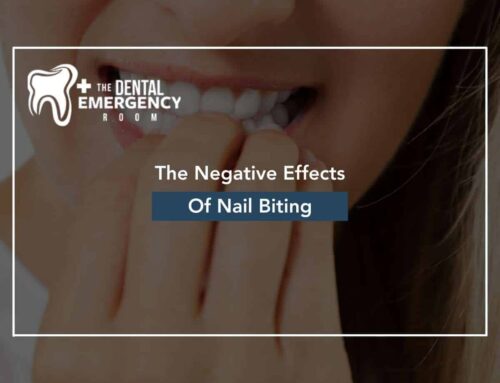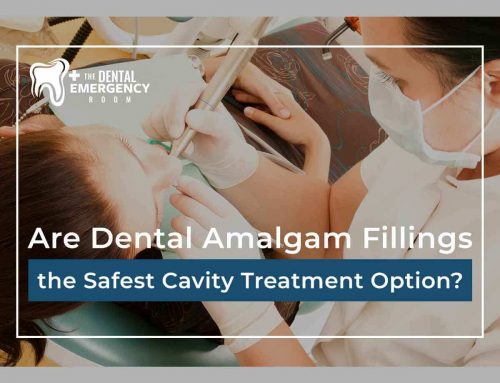Fluoride is prevalent in many people’s lives. In some places, it’s in the tap water. Almost every non-child’s toothpaste has it in different quantities. A dentist or hygienist usually closes out a cleaning session by applying it to the front of your teeth. The American Dental Association has recommended it for a very long time.
People really first started using fluoride regularly around the 1940s. This is when dentistry began to shift more toward being a proactive and preventative field – the purpose was to learn hour to prevent cavities and other dental problems – rather than being a reactive one where people went to see the dentist to do things like yank teeth out that had already decayed beyond repair. Some people feel that brushing daily with the fluoride is enough and they wonder if they need the post-cleaning treatment.
Here are some answers to the question: Should I get fluoride treatment?
What Exactly Happens With Fluoride Treatments?
The reason that the dentist or hygienist gives you this is because you may have shown that you are susceptible to cavities and the treatment is done to act as both a preventative for possible cavities and they can also help repair microscopic holes in the enamel. This is in a higher concentration than the amount you put on your toothbrush when you brush.
When it comes to the actual application, it can happen a variety of ways, ranging from a foam to a gel. The dentist or hygienist may use an electric brush. The treatment can have different flavors. Once they finish, they may ask you to not eat or drink for a half hour so that it can truly set in and start its work. Depending on the state of your teeth, they may do it every six months at your regular check-up or they may ask you to come in every three months or so until you are back on track.
Reasons For Fluoride Treatments
There are several reasons why the hygienist or dentist may decide to go this route. You may have shown signs of things like
- Poor oral hygiene – Proper brushing and flossing is essential.
- Having existing cavities – These happen when the above condition is met.
- An eating disorder – When you purge, that can create acid that eats away at your teeth.
- Abusing drugs or alcohol – Neither of them are good for your teeth.
- Not seeing a dentist often enough – A dentist needs to monitor the state of your teeth.
- Wearing braces and not brushing enough – Food can get stuck and create bacteria that wears away at your enamel.
- Having Cavity-causing bacteria in your mouth – Some people are just predisposed to this.
Several other causes include having a poor diet, exposed tooth roots, and undergoing radiation for conditions in your head or neck. The radiation can dry out your mouth and open the door to bacteria that might breed in your mouth and cause both cavities and possible gum infections. The fluoride treatment can help keep this all at bay.
Other Things To Know
There are actually two different types of fluoride. One is the topical one that gets applied to your teeth and that you encounter when you brush your teeth. Then there is systemic fluoride that is in drinking water. You drink those. Studies have shown that the two types working together in tandem can help produce stronger teeth and many fewer cavities.
Extremely young children should have minimal exposure to fluoride. As they get older, the amount can increase and as soon as they become an adolescent, they can use adult toothpaste, with up to 4 milligrams a day. Children need to be taught at a young age to not swallow the toothpaste. It may take a bit of supervision, but ultimately, they will get the hang of it.
This is a mineral that occurs naturally and it can be quite useful in preventing cavities. Just like many other things, if you overdose on it, there are complications. Follow the directions closely and know that you are taking good care of your teeth and that you are taking an important step to preventing cavities.
When it comes to helping your teeth, the staff at Dental Emergency Room are experts at using fluoride. They will get your teeth back to where they should be, whether it’s during an emergency situation or after a routine dental visit – they have general dentists on staff who can become your primary dentist! Give them a call to make an appointment: (727) 449-2424
Published By:
Dental Emergency Room
1935 Drew Street
Clearwater, Florida 33765
Columbus, OH 43205
Phone: 727-449-2424
Website: https://www.dentaler.com





Leave A Comment